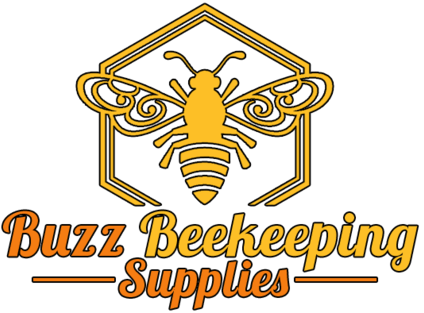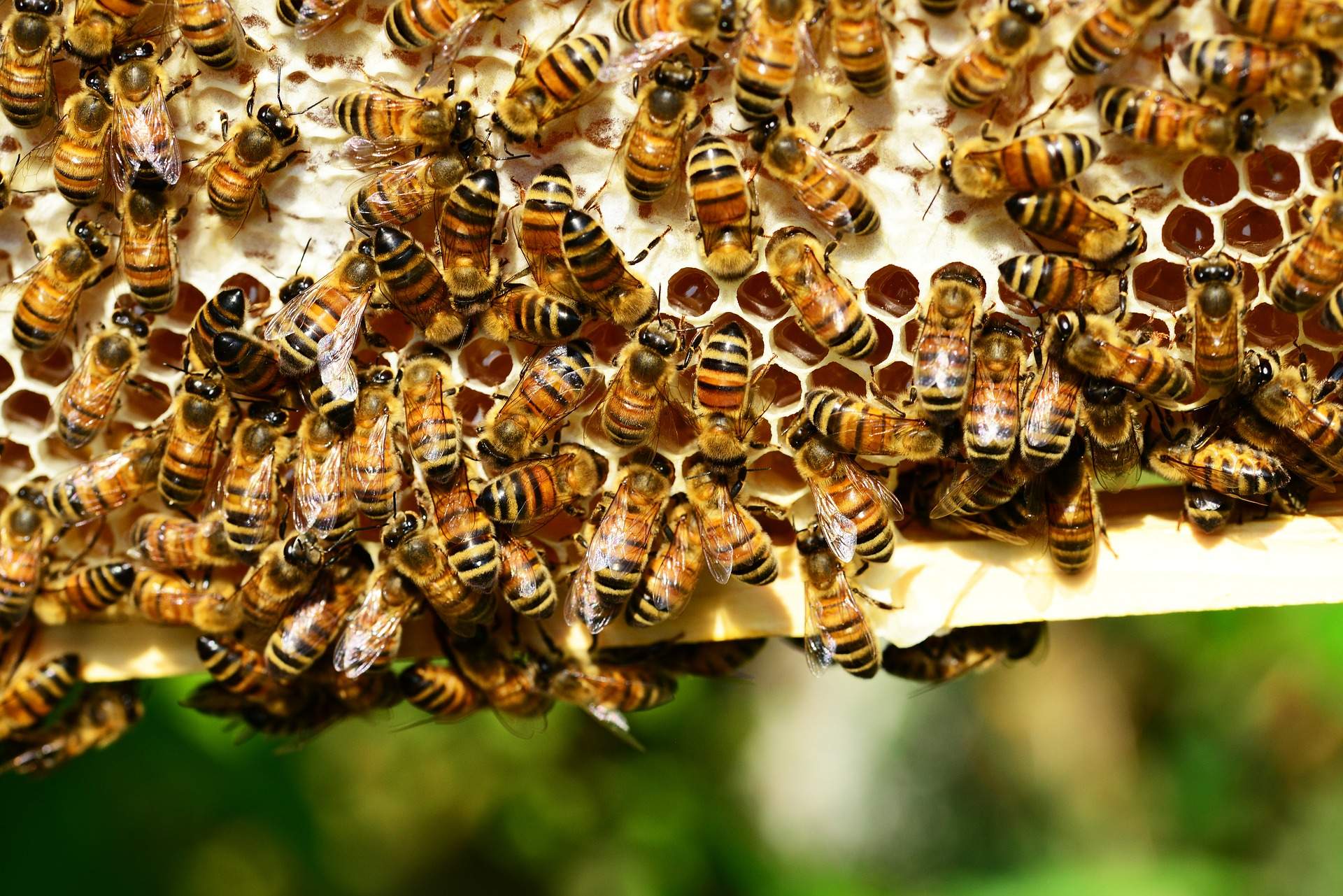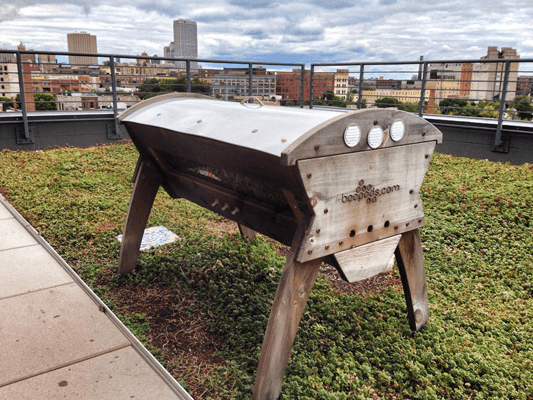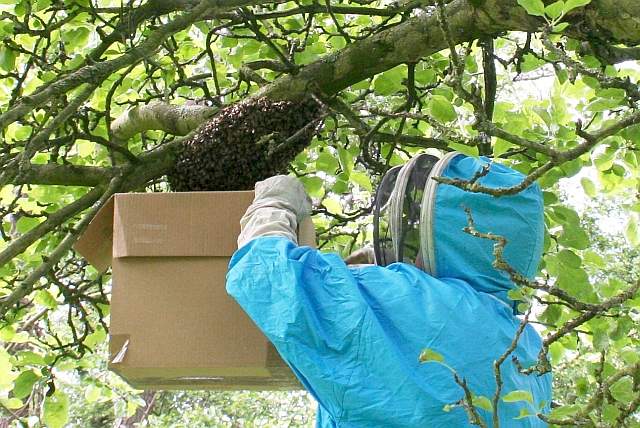Why Start Keeping Bees?
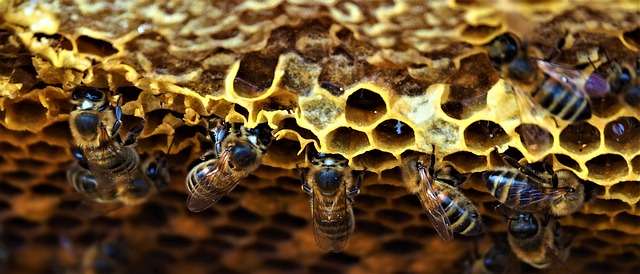
Already an established activity in many regions of the world, beekeeping is becoming more popular in the United States. In recent years, bee populations have been declining due to environmental factors and new constraints on the agricultural industry.
By taking up beekeeping, you can do your part to restore these populations and allow bees to continue to play their necessary role in the ecosystem.
Aside from its environmental benefits, beekeeping delivers a number of useful personal benefits, including a better understanding of the natural environment, a source of fresh honey, and a productive hobby that gives you something to do outdoors or indoors. If you’re considering taking up beekeeping, here’s what you need to know.
What is Beekeeping?
Beekeeping is the practice of maintaining and keeping honey bee colonies in planned structures and harvesting honey from them. The beekeeper, or apiarist, is responsible for tending a hive, or colony, of bees. This involves monitoring all activities in the hive, such as making sure bee diseases and parasites don’t spread and managing the hives, including providing food and water, harvesting honey, and helping the bees to swarm.
The beekeeper monitors the health of the hive, looking for signs of disease and pests, and providing a safe, insect-free environment for them to live.
Benefits of Beekeeping
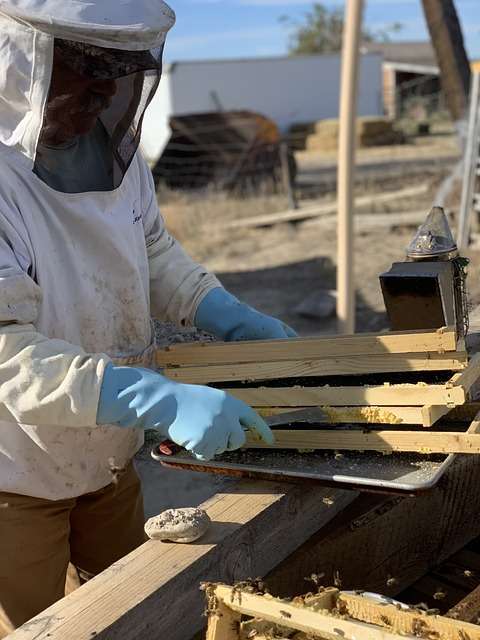
There are a number of benefits to beekeeping, both environmental and personal.
Environmentally, bees are responsible for pollinating plants, which increases the biodiversity of the environment. They play a crucial role in the food chain, ensuring that flowers and plants receive enough of the right kind of pollination to survive and promote healthy, fertile soil. In short, without bees, plants and crops will die, making for a very different kind of environment.
On a personal level, beekeeping can be a rewarding, peaceful hobby. Working with bees and their colonies can be calming and provide a sense of purpose and accomplishment.
You’ll become part of an active network of beekeepers and gain access to a great source of naturally-produced honey. You’ll also have the satisfaction of having done your part to help bees and create a healthier environment.
Getting Started In Beekeeping
Getting started in beekeeping is a dedicated process. You’ll need to purchase or build a suitable hive, purchase bees and beginning beekeeping supplies, and understand the basic principles of beekeeping.
Here are some of the steps you’ll need to take.
- Purchase or build a suitable hive: A good hive will be well-ventilated, well-insulated, and sealed against pests and disease. Make sure the hive is equipped with plenty of frames to give your bees enough space to build their combs as well as an entrance and exit ramp.
- Purchase bees: You can purchase bees from beekeepers with bee packages in the spring or feral bees during the summer. You’ll need to purchase the right size and number of bees for a strong, healthy hive.
- Understand basic beekeeping principles: To be a successful beekeeper, you’ll need to understand the basic principles of beekeeping. You’ll need to know about bee health and nutrition, pest and disease management, and honey harvesting.
- Purchase protective gear: To keep safe while handling the bees, you’ll need to purchase protective gear, such as a bee suit and veil. Make sure the equipment fits correctly and that it’s of a quality that can stand up to the wear and tear of working with bees.
- Purchase necessary tools: To properly take care of your bees, you’ll need a variety of tools, such as a smoker to calm the bees, hive tools for managing the hive, and a honey extractor.
- Educate yourself: To ensure the health and happiness of your bees, you’ll need to educate yourself about beekeeping. Read books and blogs about beekeeping, join beekeeping clubs, and attend beekeeping conferences.
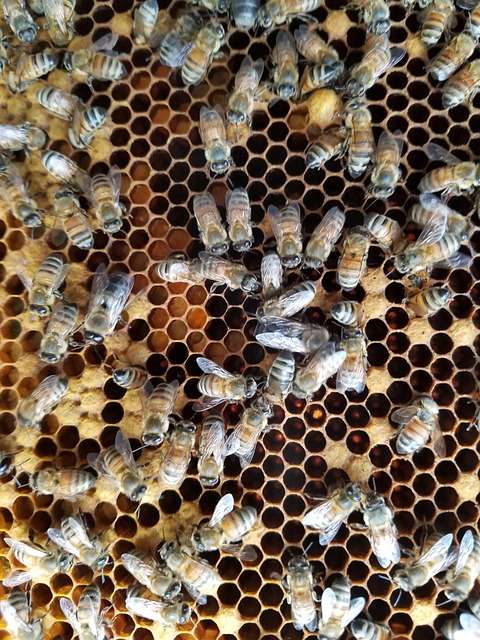
Conclusion
Beekeeping is a rewarding hobby that gives you a sense of purpose and helps to support the environment. Taking up beekeeping can be a complex activities, so make sure you do your research, educate yourself, and purchase the necessary equipment before you begin.
Once you’ve done that, you’ll be ready to start your own beekeeping project and start to reap the many rewards of being an apiarist.
FAQ
What types of beehives are available and which one should I choose?
- The two main types of beehives are Langstroth and top-bar hives. Langstroth hives are more popular and have a standardized size, while Top-bar hives are more natural and have more flexibility in terms of hive sizes. You should choose a beehive based on your preference and the space you have available.
Can I start beekeeping without prior experience?
- It’s possible to start beekeeping without prior experience, but it’s recommended to take beekeeping classes and learn from experienced beekeepers to ensure the safety and success of your hives.
How often do I need to inspect my hive?
- It is recommended to inspect hives every 7-10 days during the active season. This allows you to monitor the colony’s health and prevent problems.
Can I keep honeybees in the city?
- Yes, it’s possible to keep honeybees in the city as long as you respect the local laws and regulations.
How do I prevent my bees from swarming?
- Swarming is a natural process for bees, but it can be prevented by regular hive inspections, ensuring the hive has enough space, and manipulating the hive to prevent queen cells from forming.
Do I need to wear protective gear when working with my bees?
- Yes, protective gear is necessary when working with bees. It includes a full-body suit, gloves, and a protective veil.
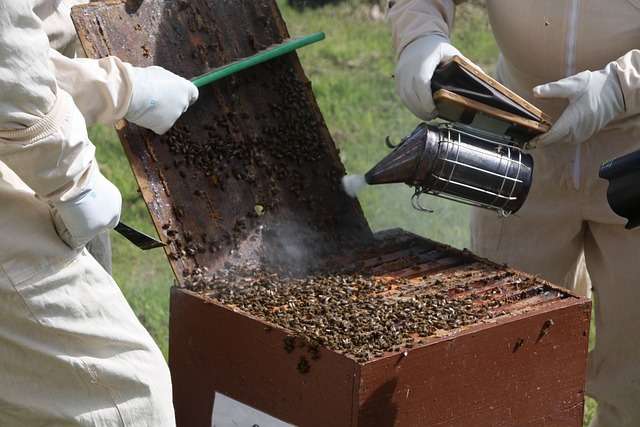
Can I use foundationless frames in my beehive?
- It is possible to use foundationless frames, but it requires more attention from the beekeeper. Bees need guidance in building honeycomb, and foundationless frames require more management during hive inspections.
What is the best way to store my beekeeping supplies?
- Beekeeping supplies such as hives and frames should be stored in a dry, well-ventilated space. Protective clothing can be stored in a cool, dark area. It is essential to keep the supplies clean and free from pests such as mice or moths.
How long does it take to start harvesting honey from a beehive?
- Bees need at least one season to build their colony and store honey. It’s recommended to wait until the second year before harvesting honey.
